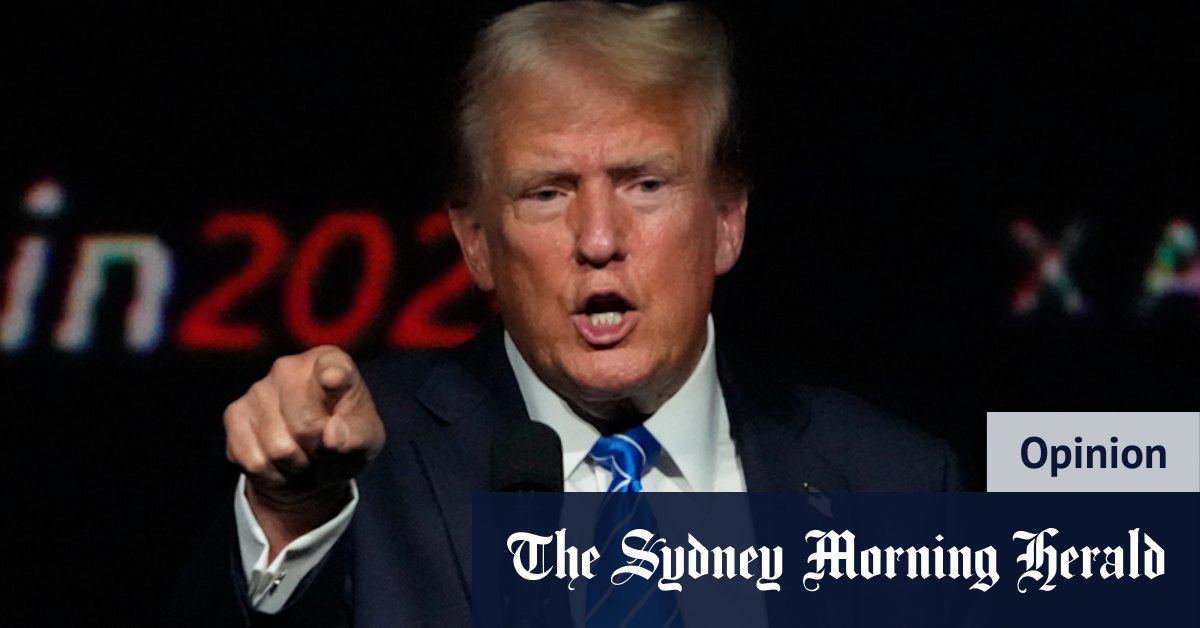Legal Tensions Rise in Tyson Foods Price-Fixing Lawsuit
The growing influence of third-party litigation funding is under scrutiny in a heated legal battle unfolding in a federal courtroom in Chicago. At the center of the dispute is Tyson Foods Inc., one of the largest meat processors in the United States, and Burford Capital, a global leader in litigation finance.
The case, originally brought against Tyson Foods over alleged participation in a price-fixing conspiracy in the poultry industry, has taken a new turn as the role of litigation financiers such as Burford Capital becomes a focal point of contention. According to reporting from Reuters, the proceedings have sparked debate about the transparency and control exerted by outside investors over legal actions.
Understanding the Role of Litigation Financing
Litigation finance involves an external party providing monetary support to a plaintiff in exchange for a portion of the eventual award or settlement. Often used by companies or individuals who lack the resources to pursue costly legal battles, this practice has grown significantly in recent years, drawing both praise and skepticism.
Supporters argue that litigation financing levels the playing field, allowing smaller plaintiffs to seek justice against large corporations. Critics, however, warn that it can distort the legal process, giving funders excessive influence over legal strategies and outcomes.
Burford Capital’s Involvement Raises Questions
Burford Capital’s participation in the Tyson Foods case has heightened those concerns. Tyson’s legal team has raised alarms over the degree of control Burford may be exercising over the plaintiffs’ legal decisions, suggesting that the financier’s interest in maximizing financial returns could conflict with the principles of justice and fairness.
In court filings, Tyson Foods has requested more information about Burford’s involvement, including the terms of its funding agreement and the extent of its influence on the litigation strategy. The company argues that if Burford is effectively steering the case, it could undermine the legitimacy of the proceedings.
Burford Capital, for its part, has defended its role, asserting that it operates within legal and ethical boundaries. The firm maintains that it does not control the litigation but merely provides financial backing, leaving strategic decisions to the plaintiffs and their legal counsel.
Implications for the Legal Industry
The outcome of this dispute could have far-reaching implications for the broader legal industry. As litigation financing becomes more prevalent, courts and regulators may be forced to establish clearer guidelines for transparency and control. Critics argue that without strict oversight, funders could influence the direction and intent of lawsuits, potentially prioritizing profit over justice.
Legal analysts note that this is not the first time third-party litigation financing has faced scrutiny. However, the high-profile nature of the Tyson Foods case, combined with Burford Capital’s prominent role, has brought the issue to the forefront of legal discourse.
Transparency is a key concern. Tyson’s attorneys have emphasized that defendants have the right to know who is funding the lawsuits against them, especially when those funders may have a significant stake in the outcome. Some legal experts agree, suggesting that disclosure of funding agreements should be mandatory in complex litigation.
Industry Reactions and Future Outlook
The legal community is watching the case closely. Some attorneys argue that the increasing use of litigation finance is a natural evolution in the legal market, akin to venture capital in the business world. They believe it can democratize access to justice, especially for under-resourced plaintiffs facing powerful defendants.
Others remain wary, cautioning that without strict ethical safeguards, litigation finance could lead to conflicts of interest and undermine public trust in the legal system. The Tyson Foods case may serve as a catalyst for reforms, prompting courts to revisit rules governing third-party involvement in lawsuits.
Meanwhile, Tyson continues to fight the allegations of price-fixing, which accuse the company and other poultry producers of conspiring to inflate chicken prices. The original lawsuit is part of a broader antitrust action that has included multiple companies and generated significant public interest.
As the court weighs the arguments, the case underscores the growing intersection of finance and law — and the challenges that come with it. Whether the court will side with Tyson’s demand for greater transparency or uphold Burford’s right to fund litigation without disclosing specifics remains to be seen.
What is clear, however, is that the role of litigation funders like Burford Capital is likely to remain a hot topic in legal circles for the foreseeable future.
This article is inspired by content from PYMNTS.com. It has been rephrased for originality. Images are credited to the original source.







